PM pledges to protect Chinese investors and entrepreneurs
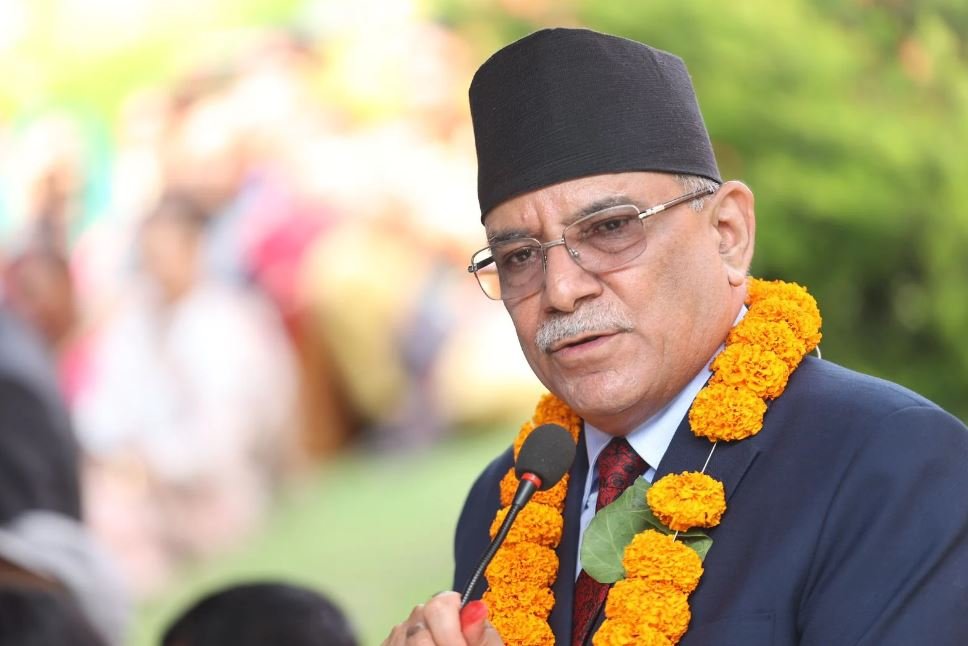
KATHMANDU, Sep 24: Prime Minister Pushpa Kamal Dahal 'Prachanda' has said that Nepal will make every possible effort to facilitate and protect Chinese investors and entrepreneurs in Nepal while calling upon them to take full advantage of the unique opportunity that the country has to offer and explore the benefit from the new avenues that have opened up in Nepal.
"There is a huge scope for boosting Chinese investment in Nepal in areas, such as hydropower generation, infrastructure, tourism, SMEs and startup businesses, ICT, agriculture, including highland agriculture, herbal and pharmaceutical industries, e-commerce, new and renewable energy," he said while noting that for Chinese enterprises, in particular, Nepal remains a very attractive investment destination..
In a statement delivered at the Nepal-China Business Summit on the theme "Facilitating Investments in Nepal: An Interaction with Chinese Business Enterprises" in Beijing, the capital of China today, he said Nepal-China bilateral trade has continued to grow in a steady and consistent manner, with China being the largest source of foreign direct investment and the second largest trading partner for Nepal.
However, Prime Minister Dahal, who is on a week-long official visit to China, said, the burgeoning trade deficit is a matter of serious concern for Nepal, which needs to be addressed. "We are making continued efforts to facilitate trade and find ways particularly to increase Nepal’s export to China. This can be done by enhancing our productive capacity, improving physical infrastructure and making quality certification mechanism more robust."
Noting that the export of Nepalese products such as tea, herbal medicine, citrus food, buffalo meat, coffee, ginger and yarn to China has great potential and should, therefore, be prioritized, Prime Minister Dahal stressed the need to reduce technical barriers and ensure preferential treatment to these products.
The export of the first batch of haylage from Nepal to China in the recent past should make us confident that more such export is possible.
He also said strong collaboration and exchanges between the private sectors of the two countries can meaningfully contribute to the further development of the Nepal-China economic relationship for mutual benefit.
With a view to creating an environment conducive to business and investment, Nepal has introduced various business-friendly policies and laws to tap the opportunities provided by a peaceful and stable political climate in the country. "We have enacted the Foreign Investment and Technology Transfer Act, 2019, Public Private Partnership and Investment Act, 2019, Industrial Enterprises Act 2019, Special Economic Zones Act, 2019 and many more investment-related legal instruments for facilitating and accelerating investments in Nepal," he said.
The “one-stop service centre” has been established at the Department of Industries in order to facilitate investors through simplified and streamlined processes. Similarly, the Investment Board of Nepal has been working actively to promote large-scale foreign investment in prioritized sectors on a fast-track basis.
The Prime Minister also expressed the commitment to making further reforms in policies, regulations and procedures. "The macroeconomic conditions of our economy are relatively stable and conducive to long-term investments and economic growth. The labour laws are flexible and supportive of security of industry as well as of economic growth and efficiency."
Stating that foreign investment is treated at par with domestic industry, he said those interested may establish a new company with equity investment, invest as joint venture or through lease financing as well as by technology transfer agreements. Furthermore, the energy supply situation has improved significantly. Now we are in a position to export surplus power. Roads, railways and aviation, industrial parks and other infrastructures are under expansion, which would contribute to the efficiency and effectiveness of business.
Prime Minister Dahal also pointed out that Nepal has the lowest corporate tax rate in the region. Special industries, enterprises, operating roads, bridges, railways, hydropower, transmission lines, etc. under a ‘Build Own Operate and Transfer (BOOT)’ basis are provided special incentives.
Graduation to a middle-income country by 2030 is an opportunity to upscale our productive capacity and undertake structural transformation, which requires a significant amount of investment in critical infrastructure and cutting-edge technology. "We count on Chinese investment in filling our financial and technological gaps", he noted.
Over the years, Nepal and China have taken important initiatives to improve cross-border connectivity by building more infrastructure and economic connections. "Under the framework of Nepal-China Trans-Himalayan Multi-Dimensional Connectivity Network, we are working to develop cross border economic zones, road corridors and railway, transmission lines and air connection," he said.
He also referred to Nepal joining the Belt and Road Initiative in 2017 and the work underway to finalize its implementation plan. "Just a few days back, Nepal successfully imported goods from a third country through a Chinese port, making it an important step in the implementation of the Nepal-China Transit Transport Agreement and its Protocol."
On a different note, Prime Minister Dahal congratulated the Government and the people of China under the leadership of President Xi Jinping for successfully achieving the first centennial goal of lifting Chinese people from the poverty line and conveyed his best wishes for the second centennial goal of making China a modern socialist country in all respects.
From infrastructure to industrialization, from human development to poverty alleviation, from education and health services to science and technology, the advancement China has made under the able stewardship of the Communist Party of China is rarely seen in the history of human civilization.
"As a close neighbour, it is but natural for Nepal to desire for enhanced economic partnership with China for mutual benefits," Dahal said, "There are so many enabling factors anchored in close affinity and geographical proximity of our two countries that need to be utilized to promote mutually beneficial cooperation."
The Prime Minister also noted that the international business environment is facing a range of challenges posed by an economic downturn, geopolitical turmoil and shifting priorities of the nations. However, the crisis also brings opportunity. "I believe that our business leaders are capable enough to turn this global downturn into opportunities by innovation and by doing things differently. We need to enhance economic engagements in the neighbourhood for greater synergy and efficiency."
In his statement, Prime Minister Dahal said the Summit should focus on building a strong collaboration with the private sectors of the two countries to achieve high and sustained growth for the mutual benefit of the people of the two countries.
"President XI and I have reached a broad consensus on strengthening economic cooperation and partnership between our two countries. We will take further decisions on promoting cross-border connectivity during this visit," Dahal said, "We will continue to take further measures to reinforce economic engagement between the two countries."





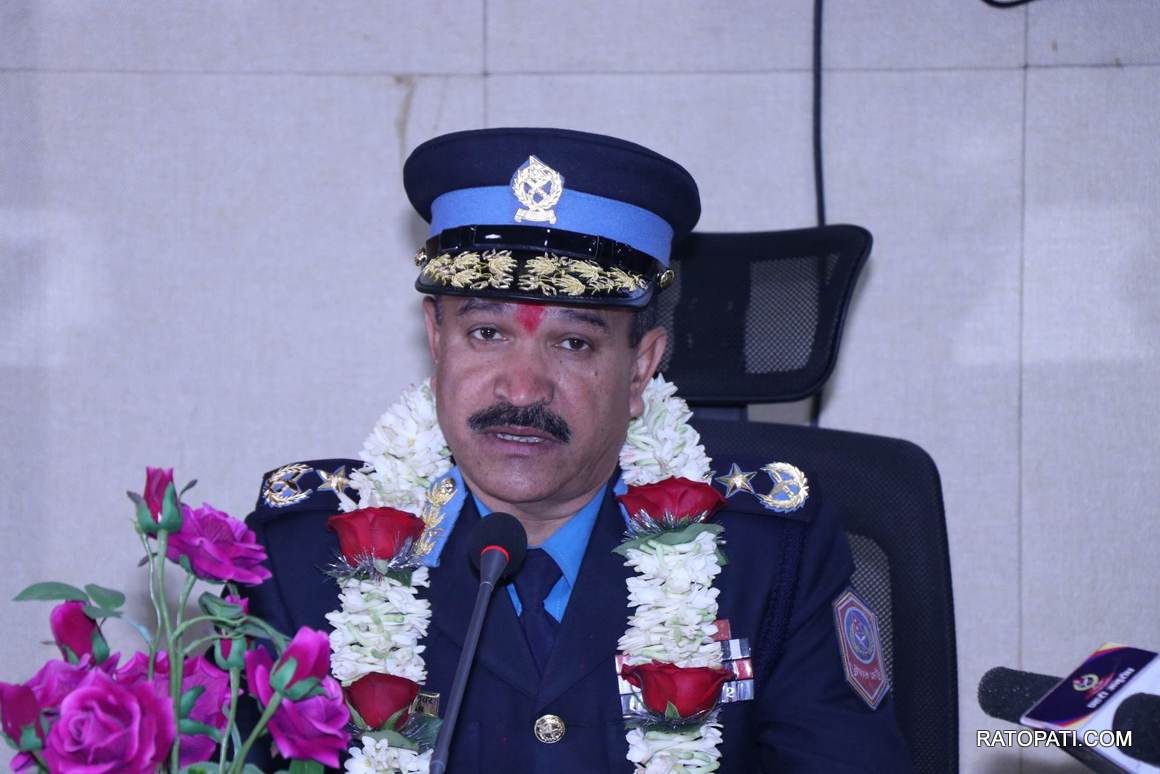
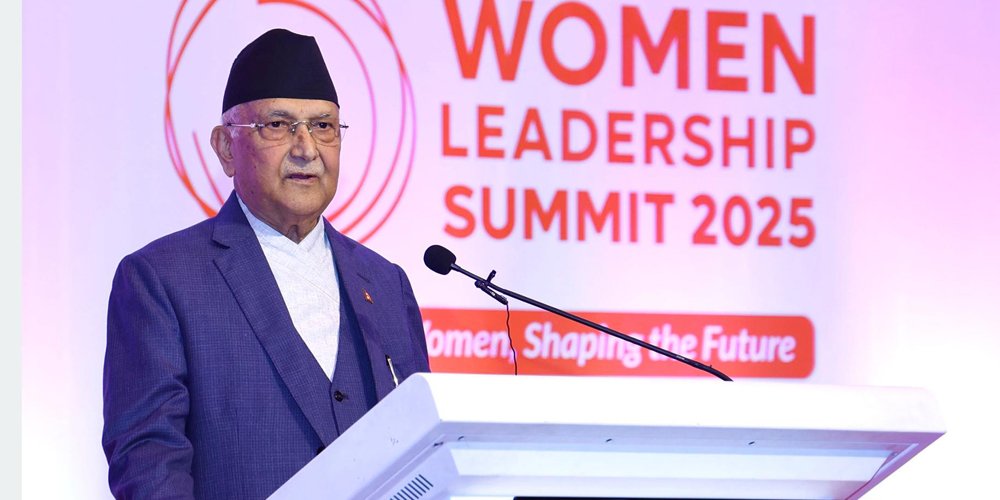

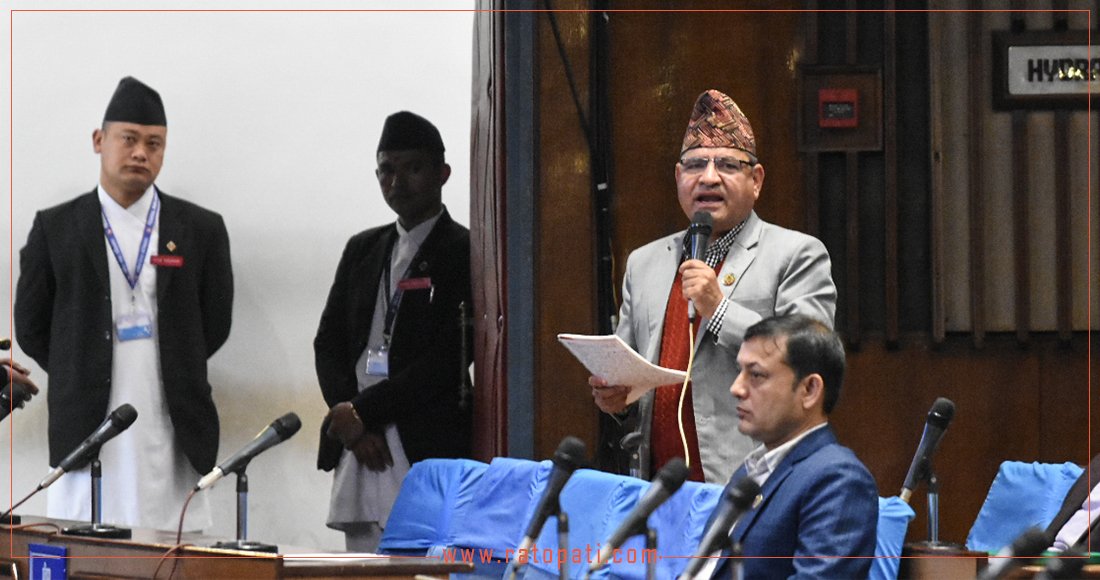
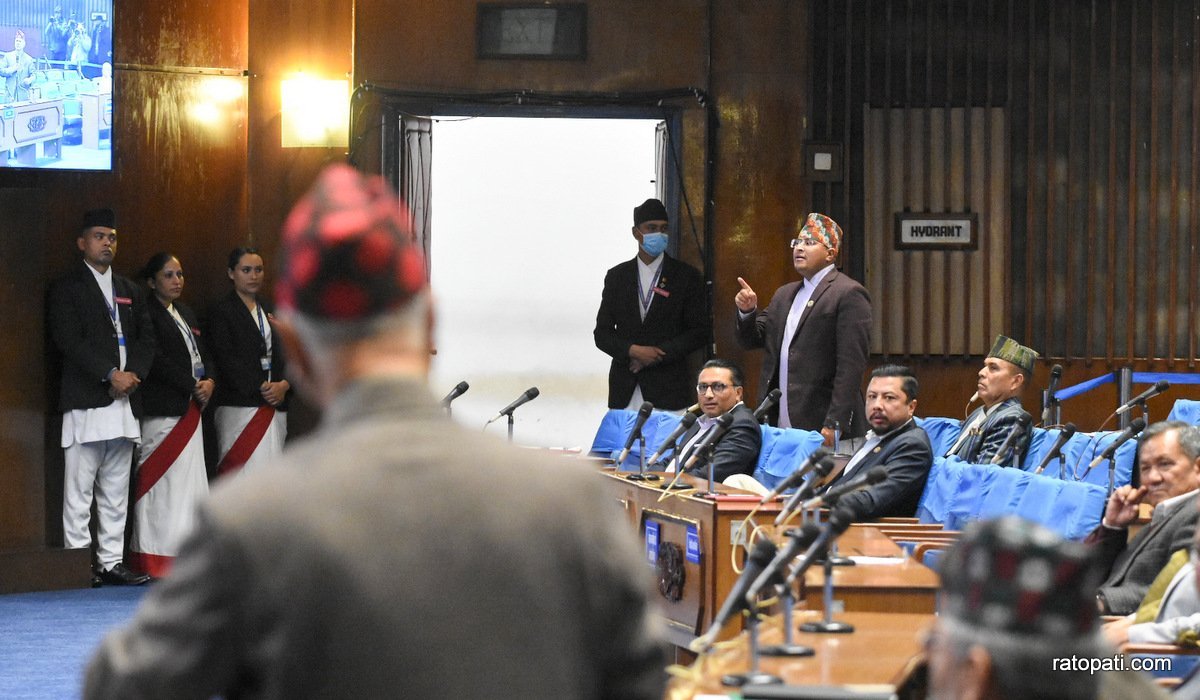
Leave Comment